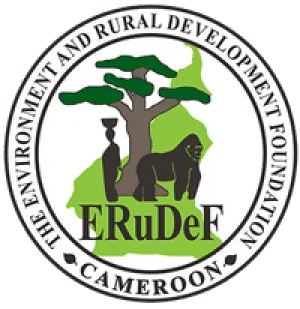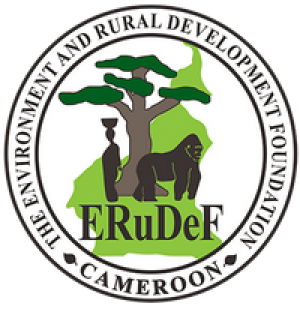The Department of Economic Development (DED) of ERuDeF has taken on a new role; serving as a think-tank department. This new approach seeks to study different projects per landscape and propose them to global economic investors.
The aim of the Economic and financial analysis of landscape restoration, is to improve the sustainable management of biodiversity for each of the eleven (11) landscapes in which ERuDeF operates. This restoration process is executed through human welfare development and reduction of human pressure on key biodiversity targets. It is a two year initiative per landscape with three main implementation phases:
The first phase includes the prioritization survey, to determine the economic and financial analysis of five (5) identified economic trees product; together with the cost of the establishment of community based foundations and microfinance in each landscape. The second phase of the project includes all steps relevant for the establishment of a community enterprise through the identification of public private partnership support. The third phase includes the project implementation phases in each landscape and the sustainability strategy.
The perfect implementation of this holistic approach is feasible through the Public Private Partnership Initiative (PPPI). This initiative is set up to support conservation issues with focus on households within the community.
The public-private partnership design in this new initiative, seeks to economically and financially empower households in biodiversity hotspots in order to fight hunger, create wealth and jobs, eradicate poverty, sustainably manage the natural environment as well as reduce the gender gap. The partnership uses the circular and integrated business approach as a solution to create a resilient local economy.

